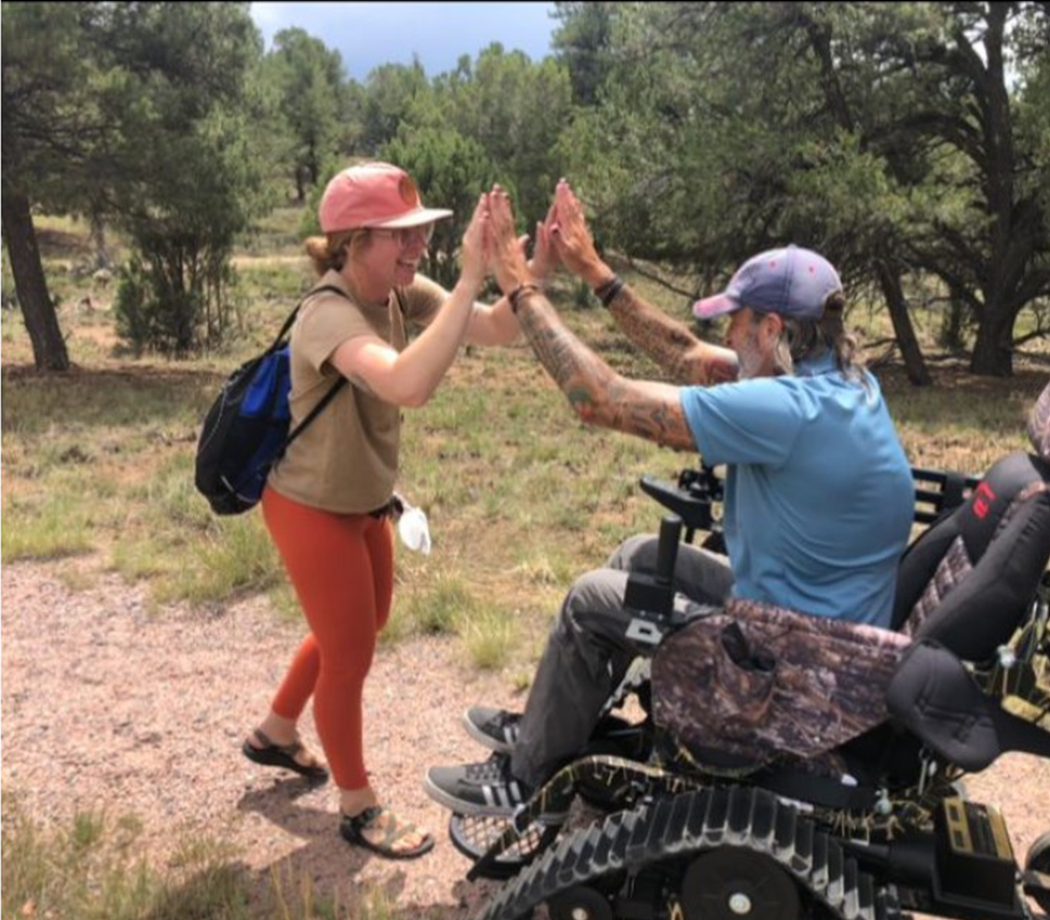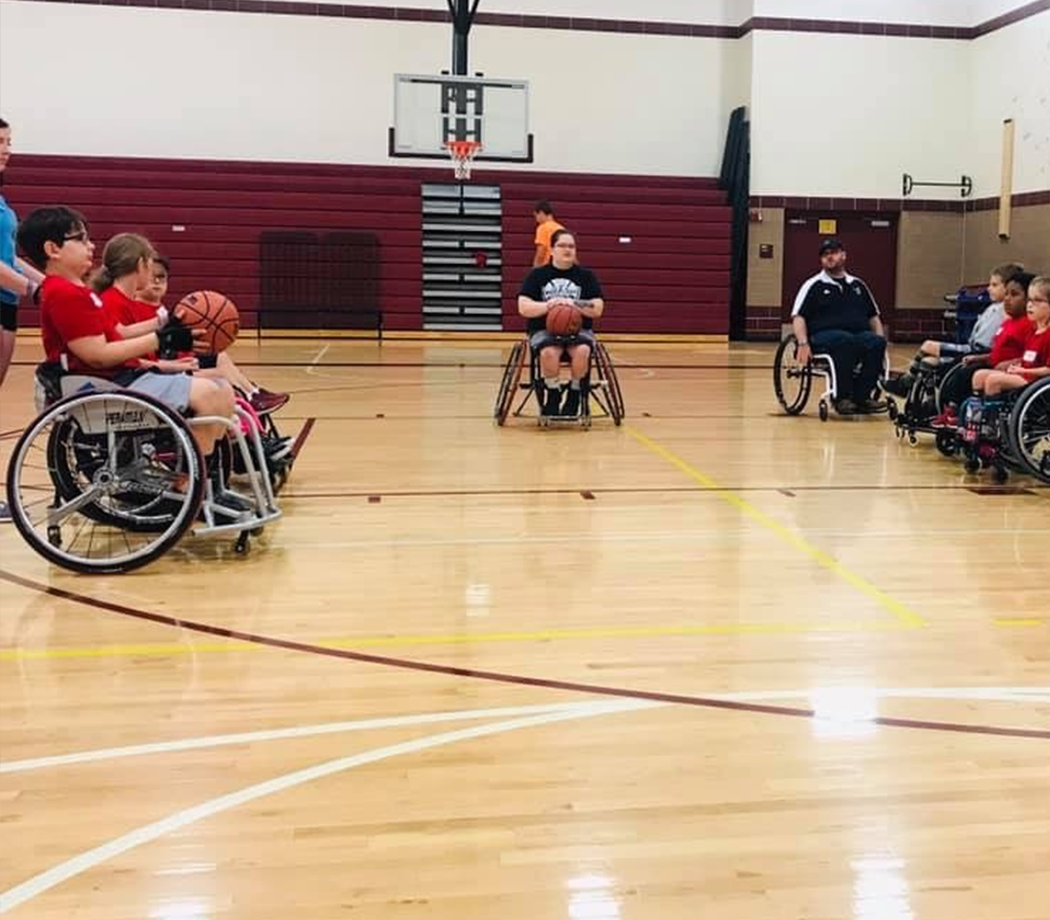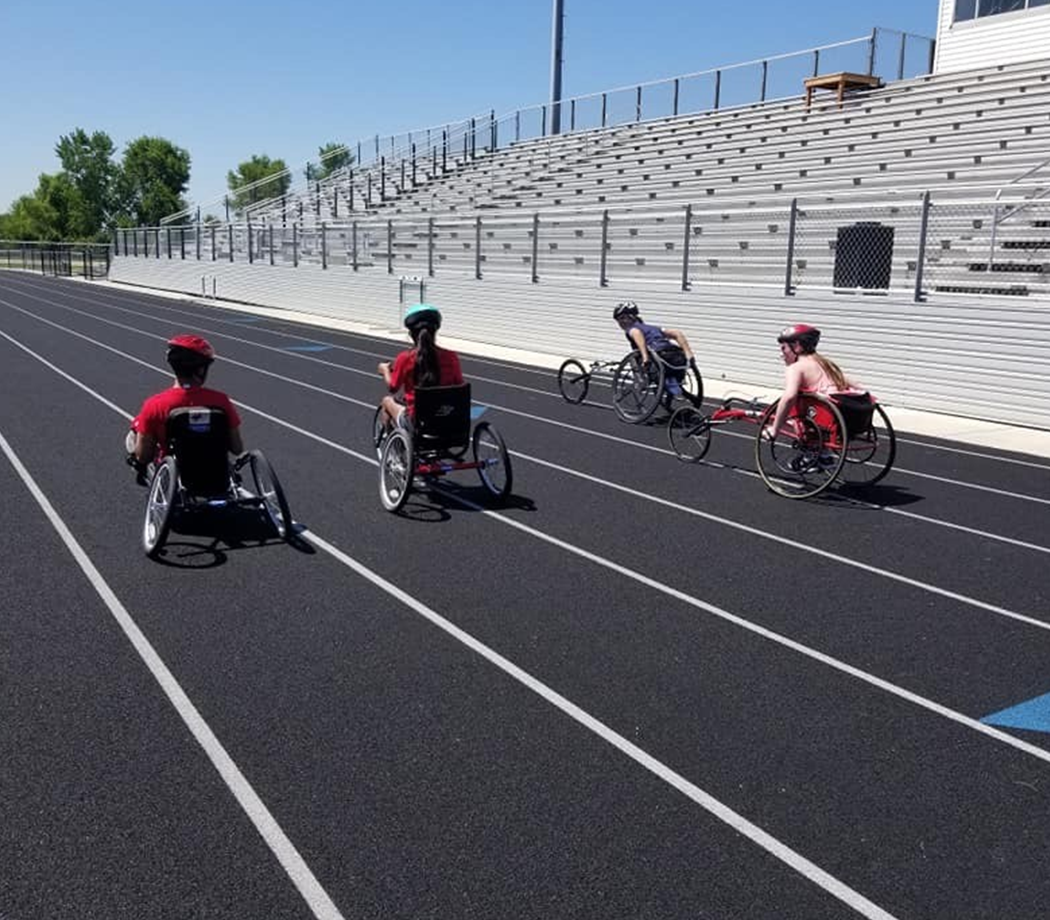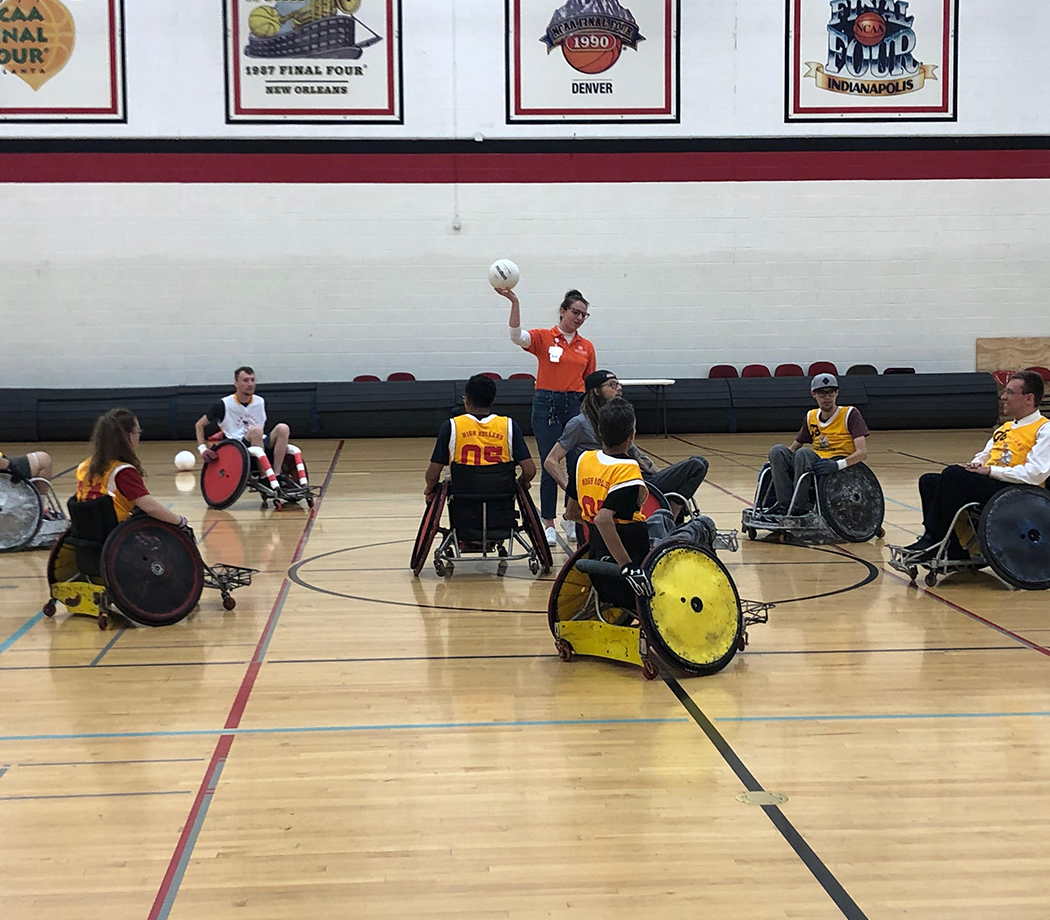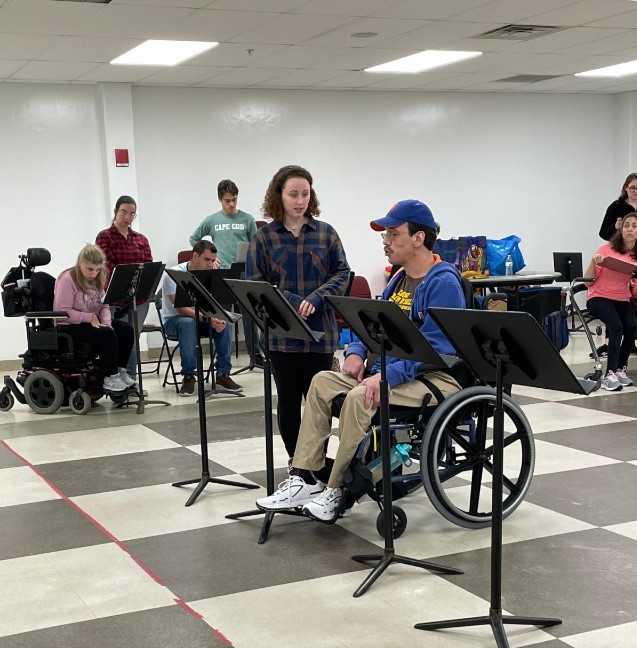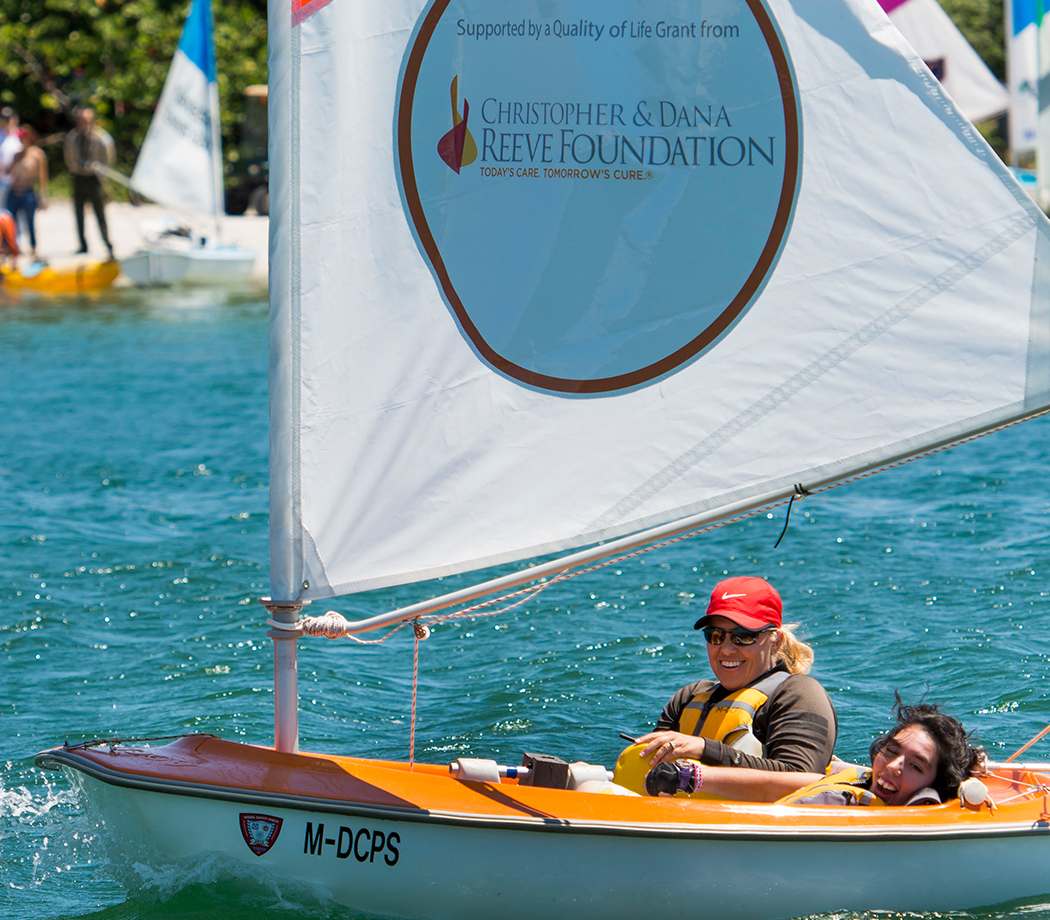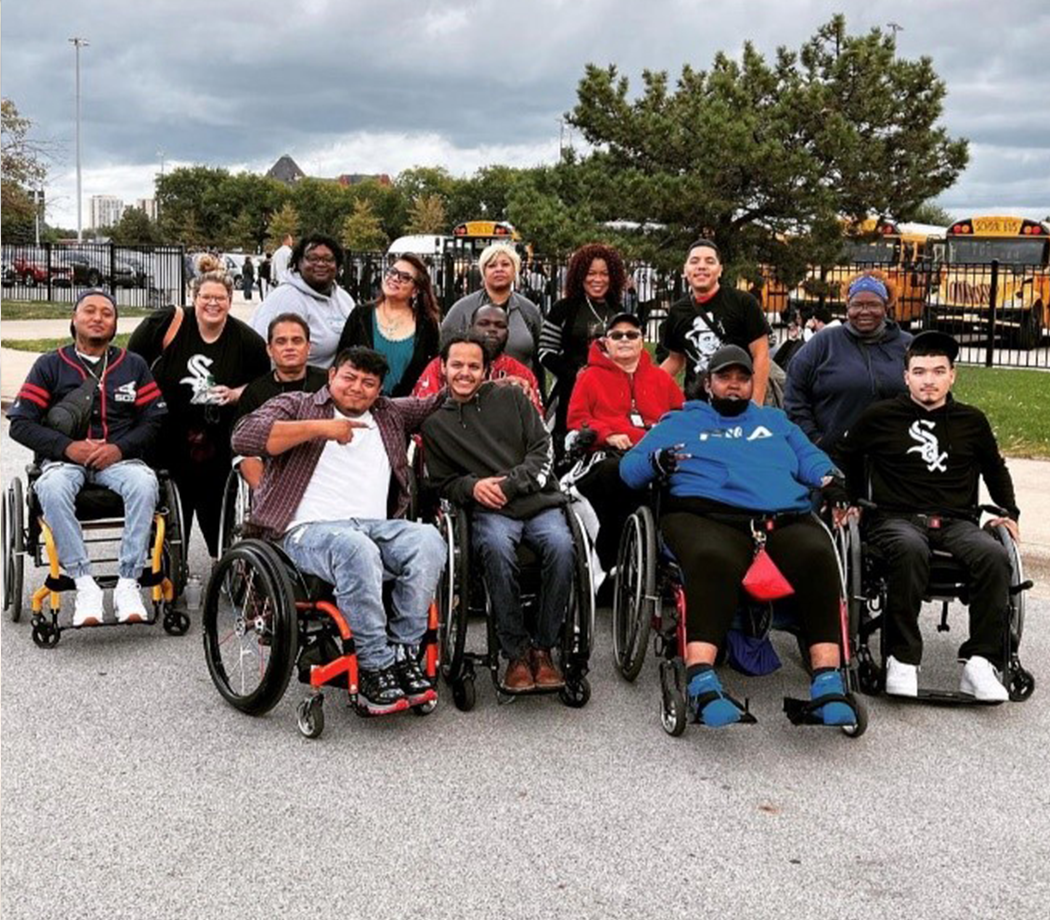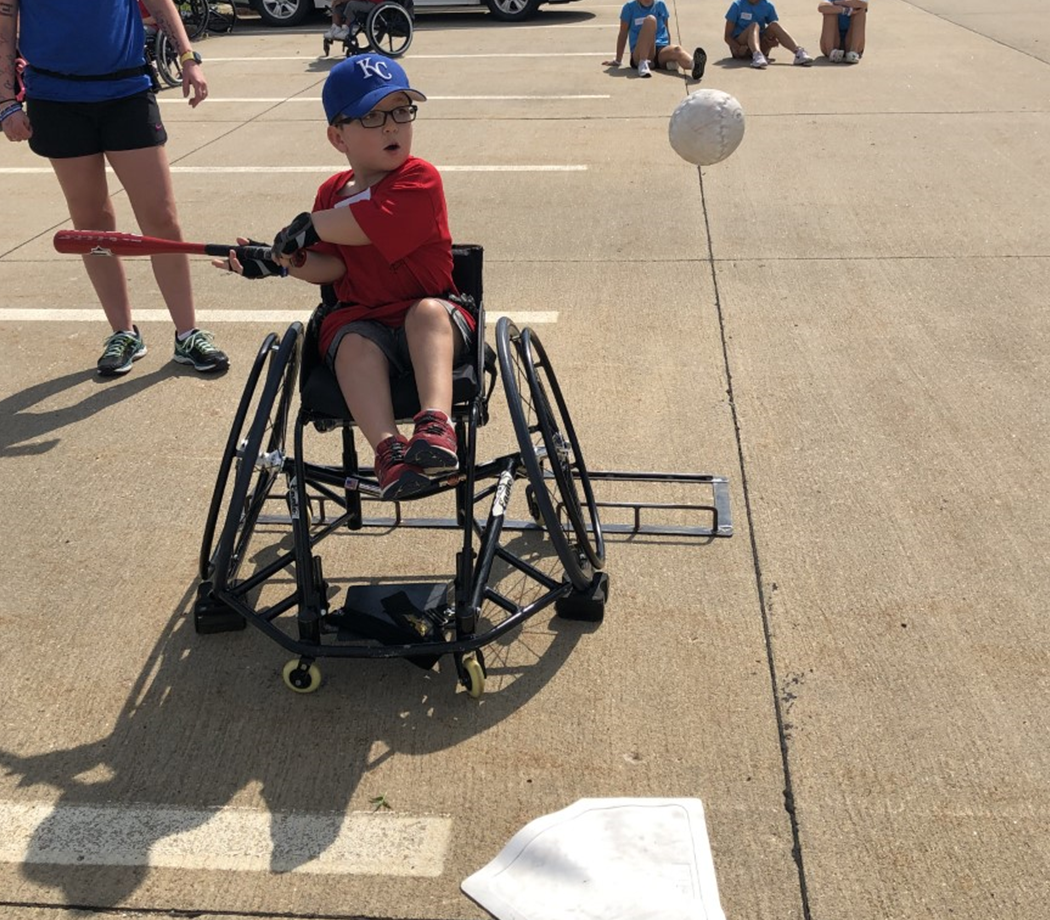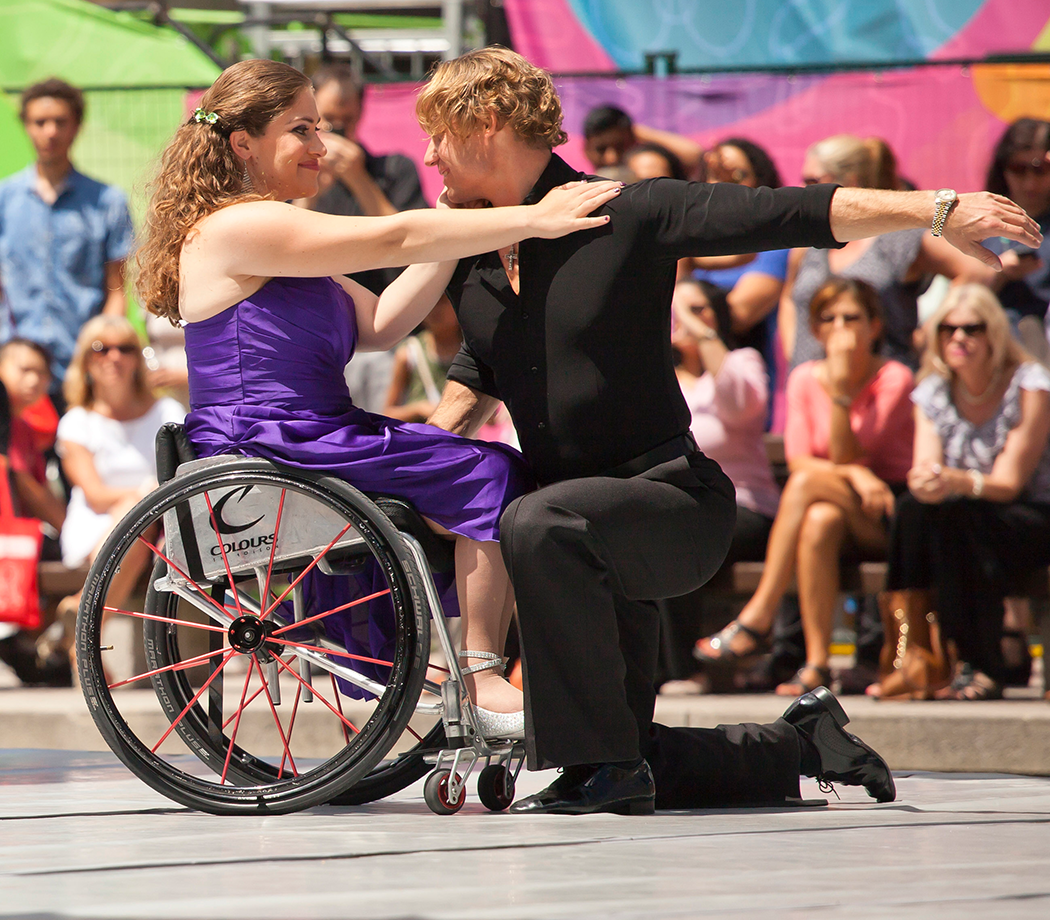Priority Impact Grants
The Priority Impact Grant Tiers (Tiers 2, 3, & 4) offer three increasing levels of grant funding. Priority Impact grants fund priority issues for individuals living with paralysis. Grantee organizations will demonstrate capacity to implement the grant without intensive technical assistance and capacity building, as well as demonstrate capacity for program development, evaluation and sustainability.
Tier 2 — Grants of up to $30,000 for the following Priority areas.
- Assistive Technology
- Disaster Preparedness
- Respite/Caregiving
Tier 3 — Grants of up to $40,000.
- Rural Unserved and Underserved Populations
Tier 4 — Grants of up to $50,000.
- Employment
- Nursing Home Transition
Tier 2 – Grants must be completed within 12 months
Assistive Technology – Assistive Technology grants are a new priority area that differs from the previous High Impact Innovative Assistive Technology (HIIAT) grants program (2015-2020) and the Direct Effect assistive technology project type grants. This new tier is open to all organizations with the continued emphasis on increasing the independence of people living with paralysis, to assist them to participate fully in the communities of which they are a part, and enhance their social, employment, education or finance-related quality of life through the use of assistive technology.
Disaster Preparedness – Grant funds support nonprofit organizations and programs that address the needs of emergency preparedness and the needs of people with paralysis in a natural disaster environment.
Respite/Caregiving – This grant area recognizes family caregivers and the vital role they play in caring for those with paralysis. Funds support nonprofits that offer exemplary and innovative respite care services that are evidence-based, appear promising, or are trying new service models.
Forms of respite supported through this grant area are:
- Emergency Respite
- Home-Based Services
- Sitter-Companion Services
- Consumer-Directed Respite
- Out-of-Home Respite
- Family Care Homes or Host Family
- Respite Center-based
- Adult Day Healthcare Centers
- Parent/Family Cooperative
Grant funds cannot be used to support respite in the following environments:
- Corporate Foster Home Settings for Children and Teens
- Residential Facilities
- Respitality Model
- Hospital-Based
- Hospice
- Camps
Tier 3 – Grants must be completed within 18 months
Rural Unserved and Underserved Populations – The aim of the Reeve Foundation’s new pilot grants program is to fund projects that explicitly benefit people living with paralysis in unserved and underserved rural communities.
Projects will focus on promoting accessibility and participation in rural communities through foci such as (not inclusive):
- Transportation
-
- Providing access to safe and affordable transportation options
- Providing accessible driver’s education/training programs
-
- Assistive Technology and Durable Medical Equipment
-
- Short-term AT Equipment Loan Programs
- Ramps
- Broadband internet
- AT Demonstration Centers
-
- Employment and education
- Peer and Family Support Groups
- Health
-
- Rural Community Health Centers or Veterans Hospitals
- Care Coordination
- Telehealth
-
- Agriculture and access to healthy foods
Please review the full program details and rationale for detailed information prior to submitting an application.
Tier 4 – Grants must be completed within 24 months
Employment – The Employment – Priority Impact grants are one of Reeve’s top priorities because employment is fundamental in achieving and maintaining independence, while being one of the most challenging obstacles to individuals living with paralysis. In addition, gainful employment allows people living with paralysis to achieve enhanced financial security, higher quality of life, and improved community connections.
Grant funds support programs and projects that:
- Assist individuals living with paralysis to enter, re-enter, remain, and advance in the workplace;
- Create career pathways to meaningful, living wage jobs; and
- Provide job development services to people living with paralysis, including career education, adaptive technology and career training with the goal of finding gainful employment.
Grants funds may not provide stipends and funds may not be given directly to workers or program participants as salaries or other incentives.
Nursing Home Transition – Funds support Centers for Independent Living (CILs) and other organizations that provide transition services across the country to transition people with paralysis living in nursing home back into their homes or a community-based setting of their choice. Funds also support projects focused on diversion (keeping people living with paralysis who are at-risk from entering a nursing).

